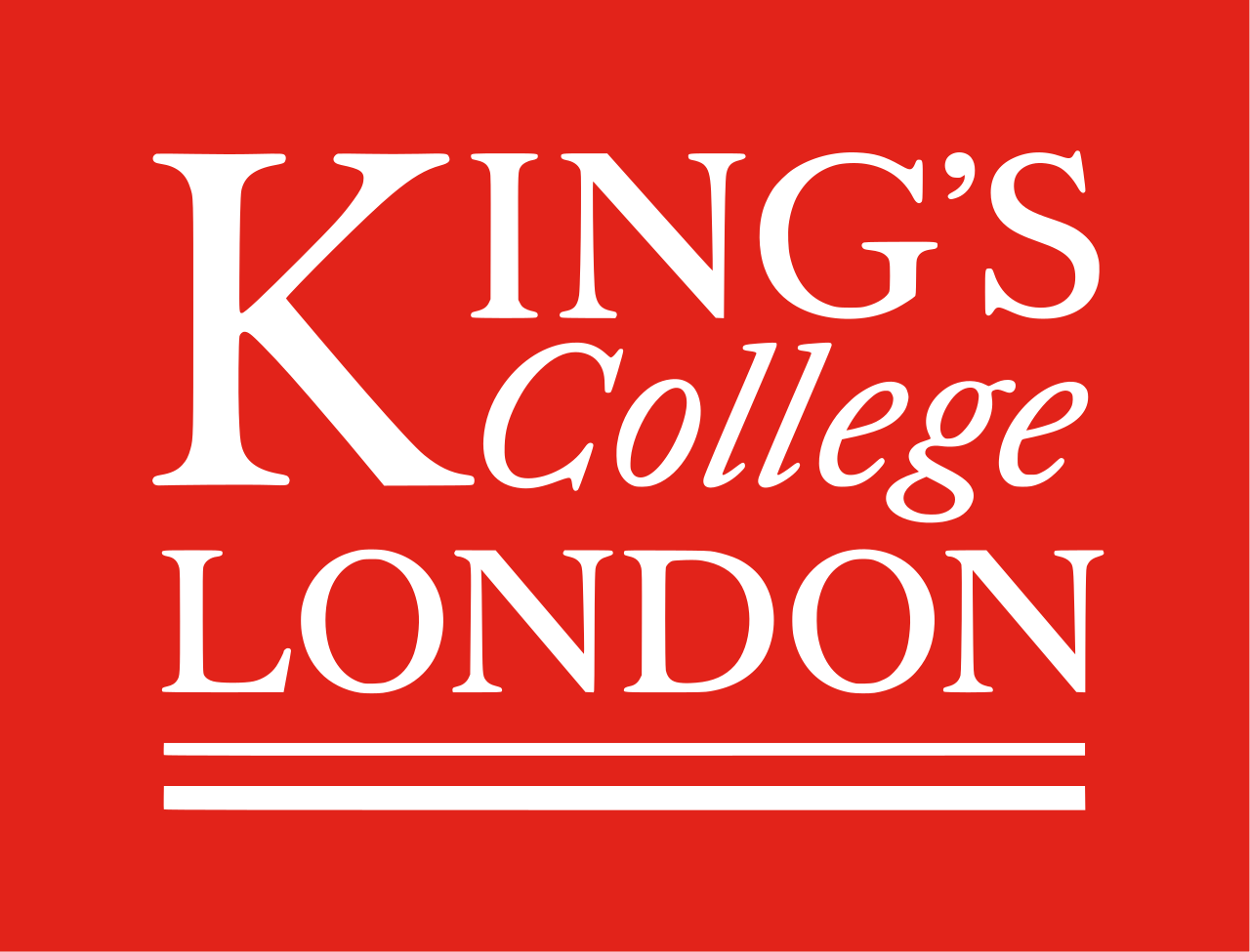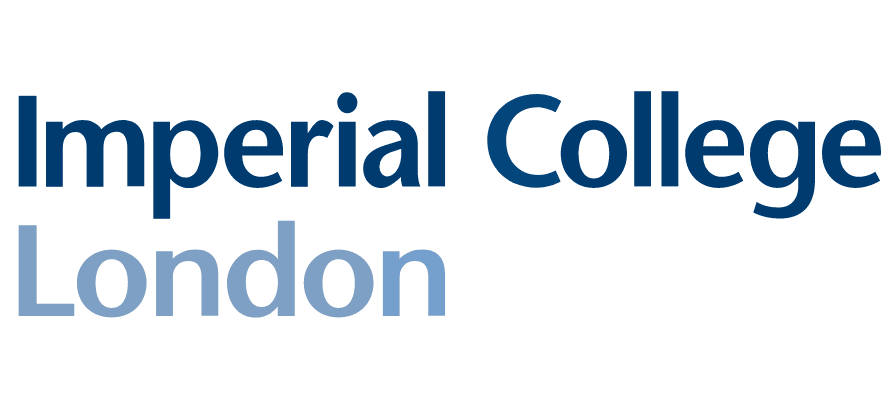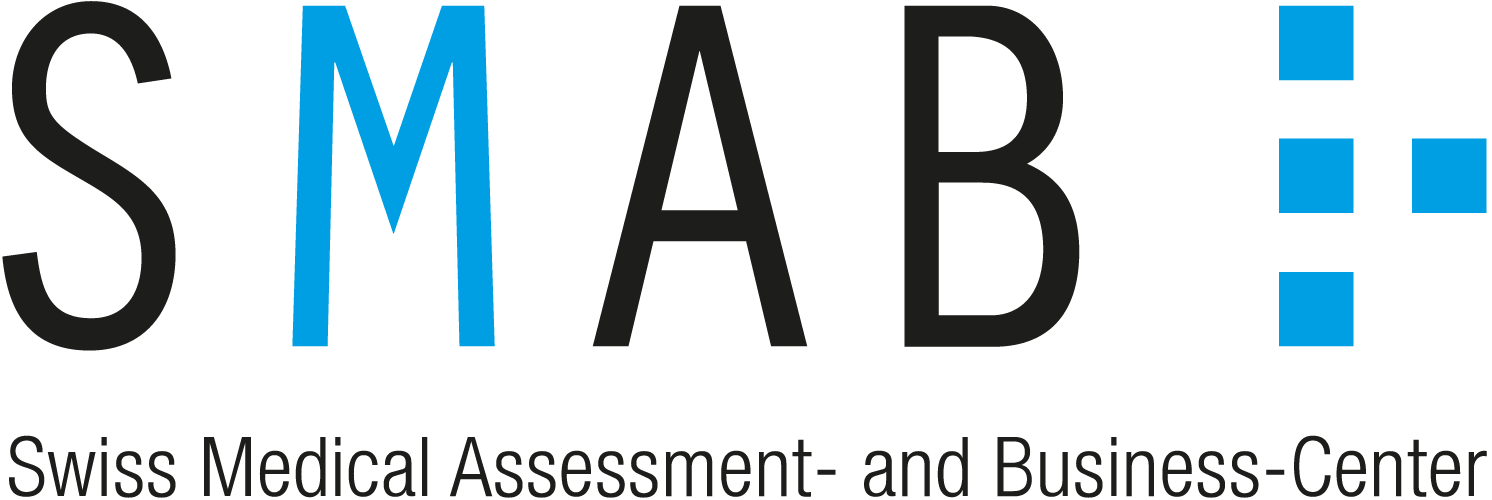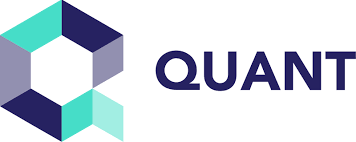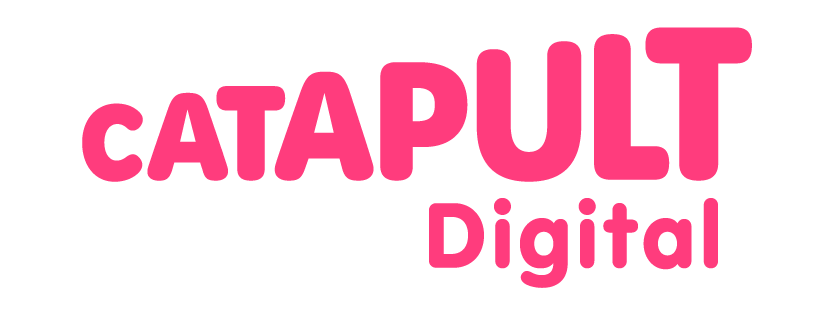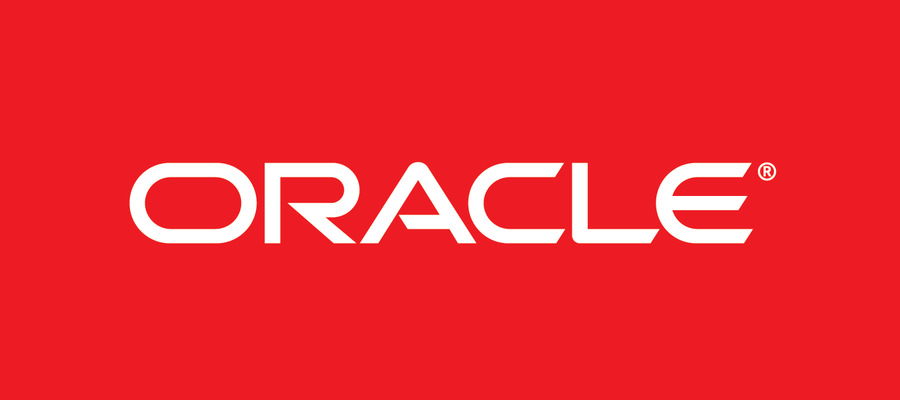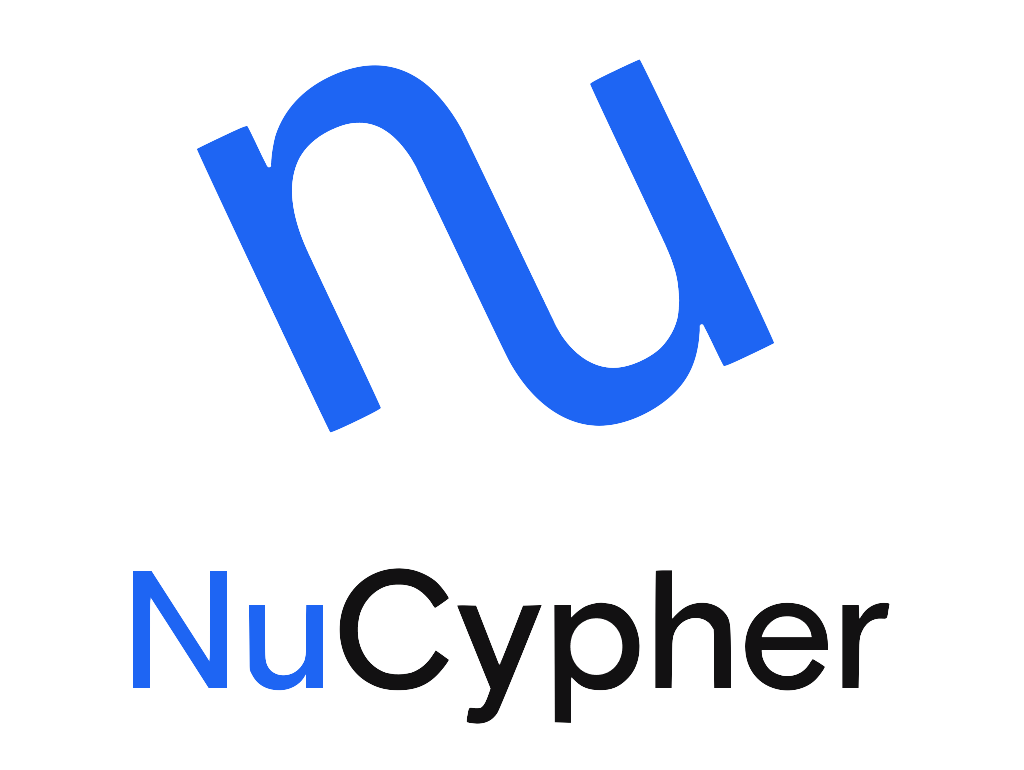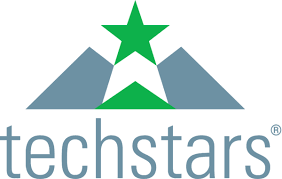HACKATHON
Block-Sprint 2019
Over 150 Participants
20 Teams
4 Winners
£100,000 in Prizes & Benefits Won
HACKATHON
Block-Sprint 2019
Over 150 Participants
20 Team
4 Winners
£100,000 in Prizes & Benefits Won

The first edition of Block-Sprint has seen 20 teams compete over two weeks to use cutting edge technology – particularly AI and DLT – to solve problems related to financial services.
Block-Sprint 2019 took place between
November 11 and November 22 in London. The hackathon was lead by the UCL Centre for Blockchain Technologies and in partnership with Ripple.




12
20
160
60
36
100000
Highlights
The hackathon focused on use cases in financial services, particularly identity/compliance, micropayments, interoperability and decentralised finance. A challenge was also posed on liquidity optimisation for financial institutions.
A panel of expert judges selected the overall winner, and awarded three more teams in special categories:
Vivid – On-Demand Streaming with Micro-Payments
SpringBlock Labs – Cryptocurrency Arbitrage Platform
CareChains – Payments and Information Reconciliation System for the NHS
Turnitech Ai – Liquidity Optimisation Platform
The hackathon play-by-play
The choice to run a two-week hackathon was made to enable participants to take an idea as far as possible towards completion.
Out of the initial prospects, 20 teams were selected to compete. These teams were made up of undergraduate, masters and PhD students, alongside financial industry professionals. Stakeholder diversity was a factor that was encouraged to get multidisciplinary teams formed with people with different backgrounds working together.
At launch, 14 teams were selected to pass through the first stage of the competition. Teams that made it through to the first stage were invited to an in-person mentoring session where 25 experts gave feedback to teams on their ideas.
Mentors included blockchain developers, blockchain strategy professionals, financial services specialists, lawyers, compliance professionals, regulators, venture capitalists, and data scientists.
Based on this feedback, teams were required to submit an updated proposition, and 14 teams were then cut down to seven finalists, who went on to receive further mentoring support and take part in the dev/demo day.
The dev/demo day featured development support and pitch coaching to get teams ready to present their propositions and prototypes to an audience (consisting of venture capitalists, financial and emerging technology professionals). Eight developers supported teams to further build out their propositions during the day.
Five of the seven teams competed for the three main prizes, and two teams competed for the liquidity optimisation prize.
Block-Sprint Hackathon Prize Winners

Judges Overall Award
Team: Vivid
Idea: On-Demand Streaming with Micropayments
Vivid have been selected by the judges as the overall winners of the hackathon. Their pitch combined DLT and micropayments into a video platform:
Vivid helps users to view what’s happening in a different location in real-time by making live video streaming requests and incentivising peers to fulfil their requests with video content creators by leveraging micropayments.
The six people-strong team “envisage a censorship-resistant peer-to-peer market of live, location-based stream-on demand.”
The team was comprised of Ben Marshall, Mork Morkeltry, David Janotka, Yo-Der Song Greg Hannam, Craig Nimmo, Ike Iwumene.

Fast as Lightning Award
Team: SpringBlock Labs
Idea: XRP Arbitrage Platform
SpringBlock Labs have won the Fast as Lightning Award for getting their idea the closest to production amongst all teams.
Their project “proposes a stylized arbitrage scheme on the XRP Ledger [which] takes advantage of the unique XRP payment flags of NoDirectRipple, PartialPayment, and LimitQuality alongside the ledger’s Currency Exchange Nodes, Trust Lines, Rippling, and IOUs, to close the price gap between exchanges.”
The team was comprised of Jason James, Hugo Roussel, Gaspard Peduzzi, Matthieu Baud, Henry Declety and Jiahua Xu.

Eureka Award
Team: CareChain
Idea: Improving Payments and Information Coordination in the NHS
The appropriately named “Eureka” was awarded to the most novel idea, presented by the CareChain team.
They have devised a system to improve payments and information coordination within the UK’s National Health System. Their vision of a “case-based system utilises blockchain to form a chain of services provided to individual patients, understanding how different combinations of treatments impacted patient care and outcomes” – with the goal of making the system “significantly more cost effective.”
The team was comprised of Mustafa Ghafouri, Noyan Songur, Livia Ng, Riyan Moussaoui and Alexander Buckley.

Liquidity Optimisation Challenge Award
Team: Turintech AI
-
Lastly, Turintech AI have won the Liquidity Optimisation Challenge with a project that will “combine traditional statistical approaches and machine learning to optimise the process of prioritising and managing payments and allow business to have an optimal cash flow system.”
The team was comprised of Leslie Kanthan, Lingbo Li, Justin Hong and Ucizi Mafeni
Block-Sprint Hackathon Prize Winners

Judges Overall Award
Team: Vivid
Idea: On-Demand Streaming with Micropayments
Learn More
Vivid have been selected by the judges as the overall winners of the hackathon. Their pitch combined DLT and micropayments into a video platform:
Vivid helps users to view what’s happening in a different location in real-time by making live video streaming requests and incentivising peers to fulfil their requests with video content creators by leveraging micropayments.
The six people-strong team “envisage a censorship-resistant peer-to-peer market of live, location-based stream-on demand.”
The team was comprised of Ben Marshall, Mork Morkeltry, David Janotka, Yo-Der Song Greg Hannam, Craig Nimmo, Ike Iwumene.

Fast as Lightning Award
Team: SpringBlock Labs
Idea: XRP Arbitrage Platform
Learn More
SpringBlock Labs have won the Fast as Lightning Award for getting their idea the closest to production amongst all teams.
Their project “proposes a stylized arbitrage scheme on the XRP Ledger [which] takes advantage of the unique XRP payment flags of NoDirectRipple, PartialPayment, and LimitQuality alongside the ledger’s Currency Exchange Nodes, Trust Lines, Rippling, and IOUs, to close the price gap between exchanges.”
The team was comprised of Jason James, Hugo Roussel, Gaspard Peduzzi, Matthieu Baud, Henry Declety and Jiahua Xu.

Eureka Award
Team: CareChain
Idea: Improving Payments and Information Coordination in the NHS
Learn More
The appropriately named “Eureka” was awarded to the most novel idea, presented by the CareChain team.
They have devised a system to improve payments and information coordination within the UK’s National Health System. Their vision of a “case-based system utilises blockchain to form a chain of services provided to individual patients, understanding how different combinations of treatments impacted patient care and outcomes” – with the goal of making the system “significantly more cost effective.”
The team was comprised of Mustafa Ghafouri, Noyan Songur, Livia Ng, Riyan Moussaoui and Alexander Buckley.

Liquidity Optimisation Challenge Award
Team: Turintech AI
Idea: –
Learn More
Lastly, Turintech AI have won the Liquidity Optimisation Challenge with a project that will “combine traditional statistical approaches and machine learning to optimise the process of prioritising and managing payments and allow business to have an optimal cash flow system.”
The team was comprised of Leslie Kanthan, Lingbo Li, Justin Hong and Ucizi Mafeni.
Participating Companies and Institutions
It’s not just about individuals. Participants from over 35 institutions and companies took part in this 2-week event. We’d like to acknowledge competitors, participants, and mentors from:

